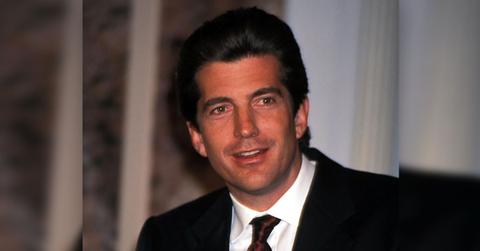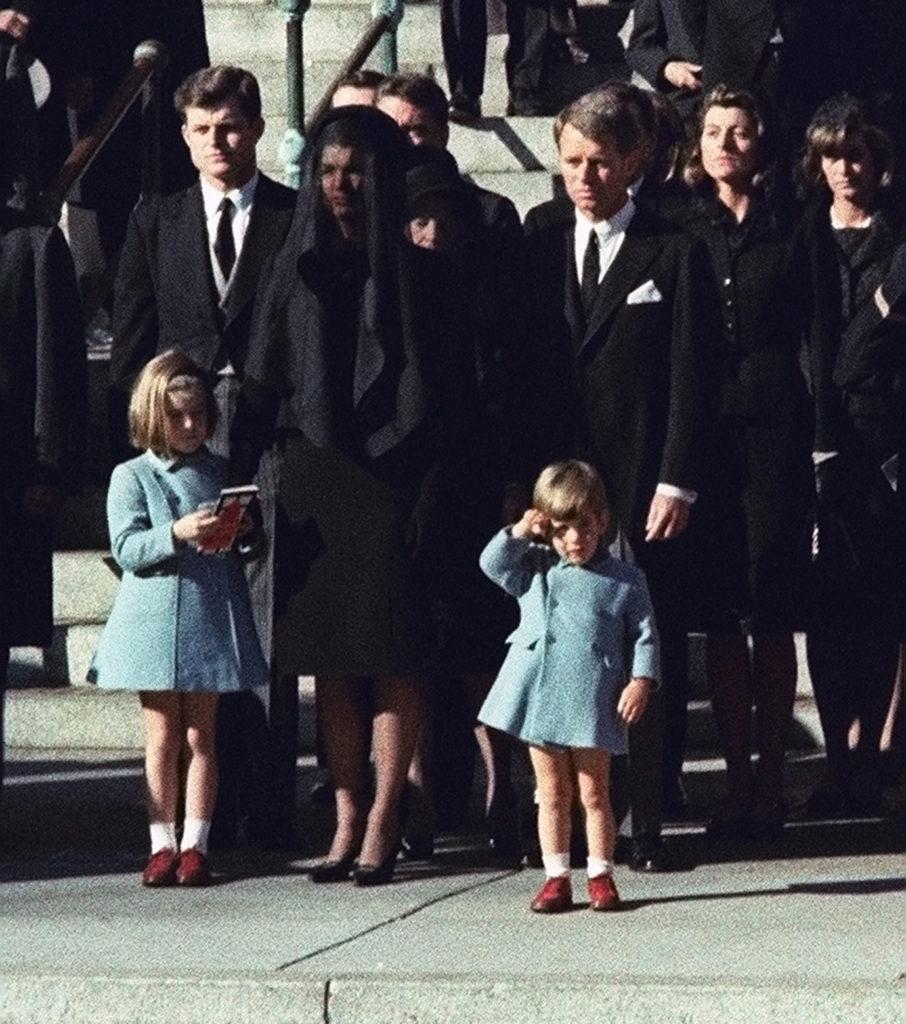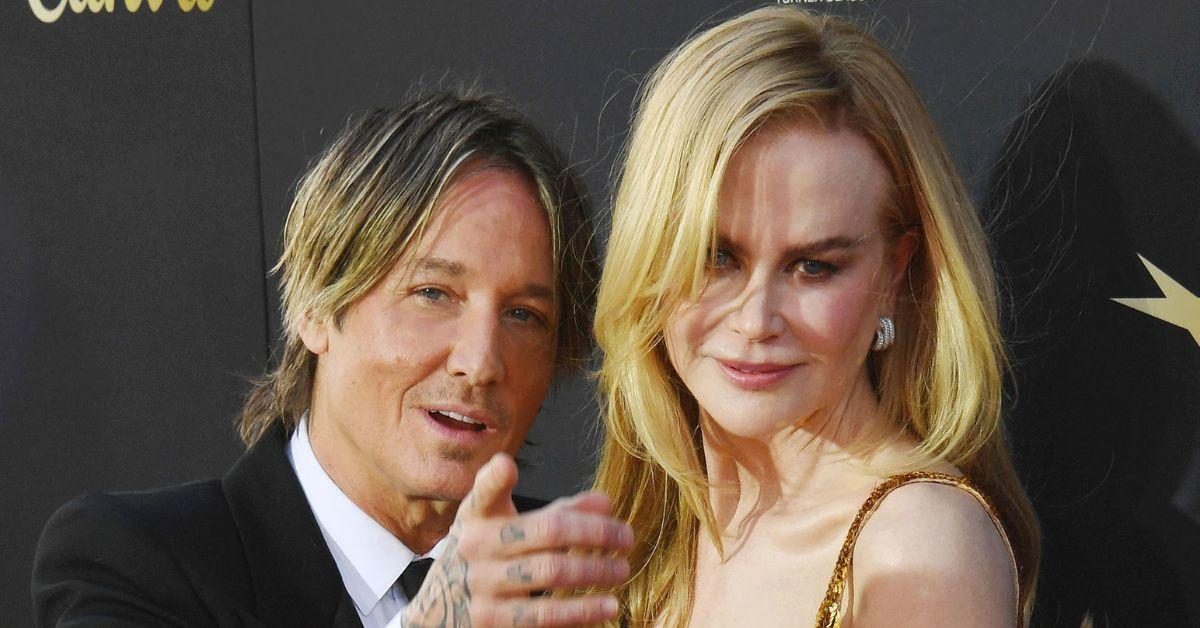JFK Jr's 'Life Goal' Was to Figure Out Exactly What Happened to His Dad Before Untimely Death

Jan. 8 2020, Updated 7:00 p.m. ET
The way he was raised may have led to his untimely death. A new podcast, “Fatal Voyage: The Death of JFK Jr.,” explores the mysterious death of John F. Kennedy Jr. and his wife, Carolyn Bessette, along with his sister-in-law Lauren Bessette in a suspicious plane crash on July 16, 1999. The first episode of the series details the world JFK Jr. was born into — one of power hard-won by his grandfather, Joe Kennedy, and political prestige thanks to the election of his father, John F. Kennedy, to the highest office in the United States of America.
"The original Kennedy relatives came to the United States from Ireland, and they were broke, and they were treated like third-class citizens," reporter Leon Wagner says on the podcast. "Joe Sr. burned with desire to rise above, no matter what it took. He was going to get there ... and he wanted one of his sons to be president of the United States."
"He was ambitious and he was smart and he was ruthless, and Joe Sr. actually engaged during the prohibition era in criminal activity, including smuggling whiskey into the United States and selling it with the help of gangsters," Wagner adds.
Doug Wead, one of the country’s foremost authorities on U.S. presidents, agrees. "Much of his tactics are illegal today, and in fact, that was why FDR wanted to put him in charge of the forerunner of the Securities and Exchange Commission," he claims. "He said, 'Joe Kennedy knows how to do it, so he'd know how to catch the crooks.'"
"Joe told his children, and later his grandchildren, that winning was the only thing that mattered, and that they had to risk everything, including their lives, to do it," Wagner claims. "When Jack finally became senator for Massachusetts, and then made his run for president, one of the first things Joe did … he turned back to his mob friends in Chicago and asked for their help in getting his son elected president."

Wead notes on the podcast that he, too, believes the mafia helped John F. Kennedy Sr. get elected ... and it was that connection that may have spelled trouble for JFK Sr. and his family later on.
"The popular theory has it that JFK was killed by the mafia, after his botched Bay of Pigs invasion of Cuba and Bobby Kennedy’s anti-organized crime campaign ... seen as a betrayal of promises made by Joe Kennedy in return for securing the White House for his son in the first place," narrator Colin McLaren says.
But even before his father's death, manipulation took place to set the Kennedys up as an ideal first family that was certain not to be forgotten — with or without mysterious deaths plaguing its legacy.
For instance, take Jacqueline Bouvier's marriage to JFK. "He saw in her the glamor and magic and refinement and waspish characteristics that would transform the Kennedy presidency," McLaren says of Joe's opinion of the former first lady. "He let her know, on no uncertain terms, that if she married Jack she would have everything she had ever wanted; jewelry, designer clothes, mansions, whatever she wanted ... She had the credentials of coming from a very, very good family, they didn’t have any money, and she wanted money ... She knew that Jack was a loose goose and a philanderer because he was simply a ladies man and couldn’t help himself, but she decided it was a fair trade and married him."
With JFK as president, Jackie as first lady, and Bobby as attorney general, the family dynasty became known as "Camelot." JFK Jr. and his sister, Caroline Kennedy, became pawns in a complicated political chess game. However, Jackie actually fought to keep her children out of the public eye, believing that most successful presidential children were not in the spotlight, the podcast claims.
While Jack knew that photos of his kids running around the Oval Office could make an impact on the public, Jackie mostly frowned upon them being in the limelight. But no matter what either parent thought about whether or not their family should be put on display, it was Joe who continued to have influence behind the scenes.
"John growing up in the White House ... he was told by his family, by older members of the Kennedy family, Joe Sr.’s rules of behavior," Wagner explains. "And one of the most important ones was that Kennedy’s don’t cry, and they pretend everything is great, even when they’re dying inside."
"That’s why even though he was three years old at his father’s funeral parade in Washington, that he was a brave soldier," Wagner continues. "And rather than weeping or clinging to his mother or anything, he stood there by himself famously as his father’s funeral parade went by and his father’s coffin. He stood up and saluted and that picture, of course, is engraved in people’s heads. I mean, just an incredibly stoic little boy."

Indeed, JFK's death obviously had a profound impact on his son for the rest of his life. He later came to believe, like many others, that there was more to JFK's death than it appeared.
JFK historian John Hankey believes "there were parts of the government that were involved in the murder of John F. Kennedy," and author John Koerner, who has written bestselling books on both JFK and JFK Jr., insists the CIA was behind the killing. Wead thinks a small cell within the KGB developed a plan to assassinate the president, and they recruited Lee Harvey Oswald to do it.
Plus, forensic pathologist Cyril Wecht speaks on the podcast and notes that "the two pathologists who did the autopsy on John F. Kennedy, Humes and Boswell, career Naval Pathologists, had never done a single gunshot wound autopsy in their entire professional careers."
No matter which expert opinion, if any, aligns with what JFK Jr. himself came to believe of his father's passing, the podcast reveals he died believing JFK had been killed in some sort of conspiracy.

"When he was 17 years old ... He’s doing his own research," Koerner says. "He reads the books written at that time ... there’s an article about there being three assassins. He was well-versed in the research on it. He hires an investigator, too ... that was one of his life goals, to account the men who killed his father. So this was part of his life’s goal, and if he became president or even a senator, he would have mechanisms of power behind him to do just that."
"He was going to reopen the investigation, and then that’s when he died and that was obviously the end of it," Wagner notes. A few months after George magazine — founded by JFK Jr. and Michael J. Berman — published an article written by Oliver Stone about the assassination, the podcasts reveals, JFK Jr.'s plane mysteriously crashed and he died.
There is no doubt that Joe Kennedy's machinations and JFK's presidency and death helped shape JFK Jr. into the man he became — and may have made him a target of some very powerful enemies.
Was JFK Jr. simply the victim of a famous "family curse?" It's possible there were more sinister forces at work behind his death in July 1999. To learn more, listeners can tune into “Fatal Voyage: The Death of JFK Jr.,” every Wednesday.


